a water doctor
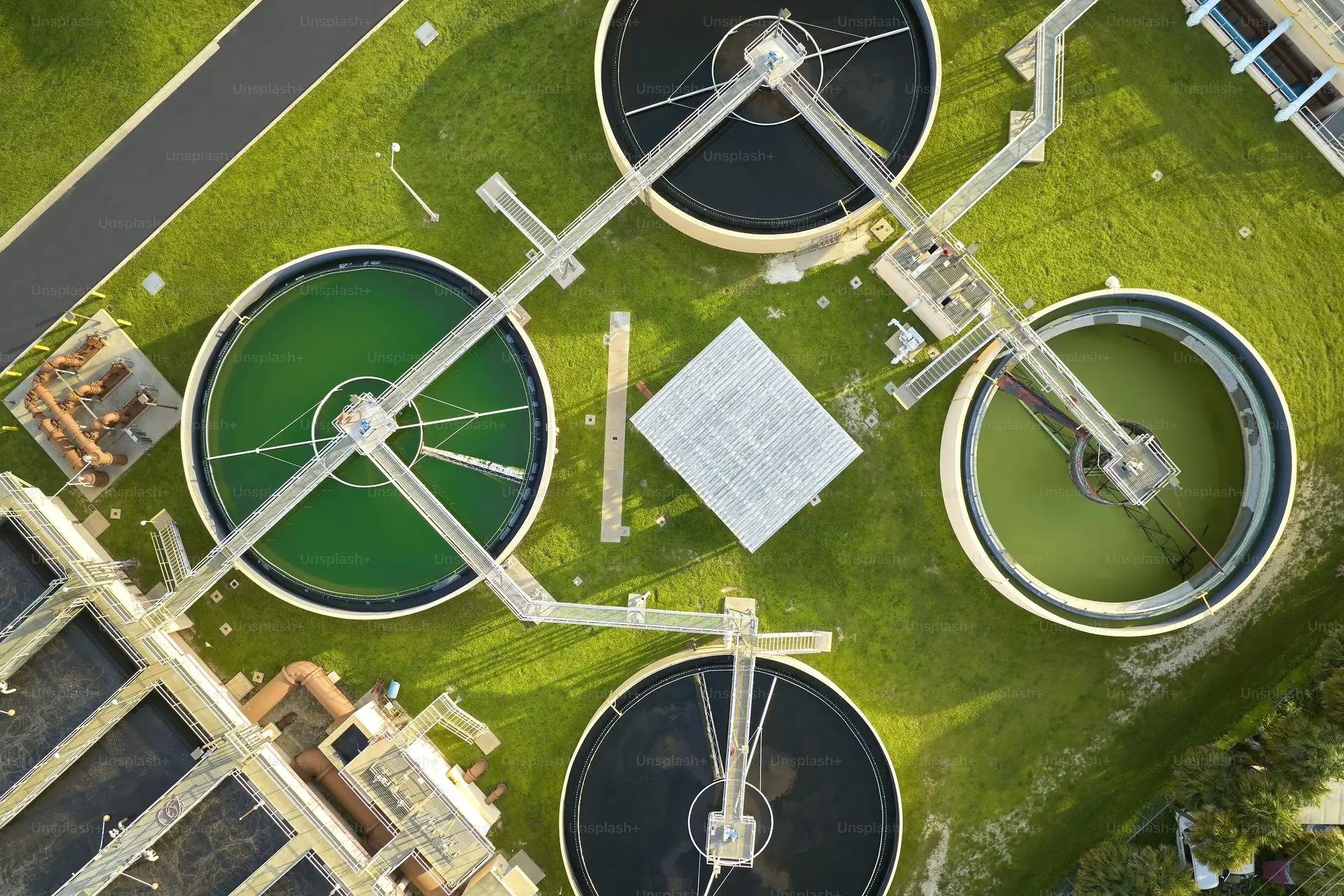
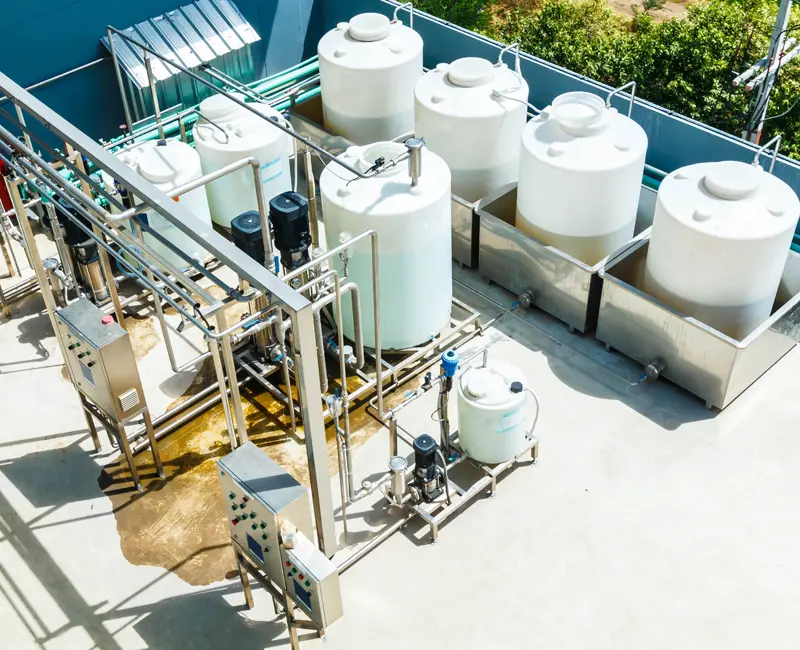
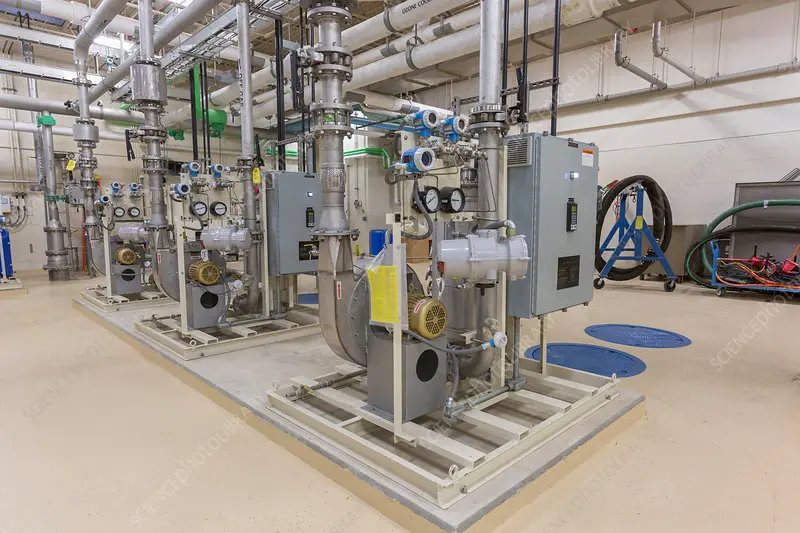
Effective Wastewater Treatment for Textile & Dye Industries
The textile and dye industries are major contributors to industrial water pollution across the globe. These sectors consume large volumes of water in dyeing, printing, and finishing processes, discharging complex wastewater rich in dyes, chemicals, heavy metals, and suspended solids. Effective treatment of this wastewater is not only a regulatory necessity but also a critical step toward sustainable industrial practices and environmental protection.
1. Nature of Wastewater in Textile & Dye Industries
Textile and dye wastewater is characterized by:
- High Chemical Oxygen Demand (COD) and Biochemical Oxygen Demand (BOD)
- Color pollutants from synthetic dyes
- Alkalinity and pH imbalance
- Heavy metals like chromium, copper, zinc
- Toxic organic compounds (e.g., surfactants, oils, and solvents)
- High Total Dissolved Solids (TDS) and salinity
This complex mixture makes treatment challenging and necessitates multi-stage processes.
2. Key Stages of an Effective Treatment Process
A. Preliminary Treatment
- Screening to remove large solids, lint, and fibers.
- Equalization tanks to balance flow and pollutant load.
- Neutralization to adjust pH.
B. Primary Treatment
- Coagulation and Flocculation using agents like alum or poly-electrolytes to remove suspended solids and some dyes.
- Sedimentation to settle and remove flocculated materials.
C. Secondary (Biological) Treatment
- Activated Sludge Process (ASP) or Moving Bed Biofilm Reactor (MBBR) to biologically degrade organic matter.
- Sequencing Batch Reactors (SBR) for flexible operation in smaller facilities.
- Aeration to increase dissolved oxygen and support microbial activity.
D. Tertiary (Advanced) Treatment
- Advanced Oxidation Processes (AOPs) like ozonation or Fenton's reagent to degrade non-biodegradable dyes.
- Membrane Filtration (e.g., Ultrafiltration or Reverse Osmosis) to reduce TDS and achieve water reuse standards.
- Activated Carbon Filtration to remove trace organics and odors.
3. Technologies and Innovations
- Zero Liquid Discharge (ZLD) systems are being increasingly adopted, especially in water-scarce regions. They recover and reuse up to 95% of water.
- Bioremediation using genetically engineered or dye-degrading microbes is gaining interest.
- Electrochemical Treatment (e.g., Electrocoagulation) offers efficient decolorization without chemical sludge.
- Automation and Monitoring systems ensure consistent treatment quality and regulatory compliance.
4. Benefits of Effective Wastewater Treatment
- Environmental Protection: Prevents water body contamination, protects aquatic life, and maintains biodiversity.
- Regulatory Compliance: Meets discharge standards from pollution control boards.
- Water Reuse: Treated water can be reused in cooling, dyeing, or utility operations.
- Cost Reduction: Long-term savings in water purchase, penalties, and waste disposal.
- Corporate Responsibility: Enhances brand image through sustainability.
5. Challenges and Solutions
| Challenge | Solution |
|---|---|
| High cost of advanced treatment | We offer chemicals at low prices and in small quantities |
| Variable wastewater composition | Equalization tanks, adaptive process control |
| Chemical sludge generation | Sludge dewatering and safe disposal/reuse |
| Low awareness in small-scale units | Training programs, government support |
6. Conclusion
Effective wastewater treatment in the textile and dye industry is not just a compliance issue but a pathway to sustainable growth. With the integration of conventional and advanced technologies, industries can significantly reduce their environmental footprint, ensure water conservation, and operate responsibly in today’s eco-conscious market.
Let me know if you'd like this tailored into a presentation, brochure, or website content.
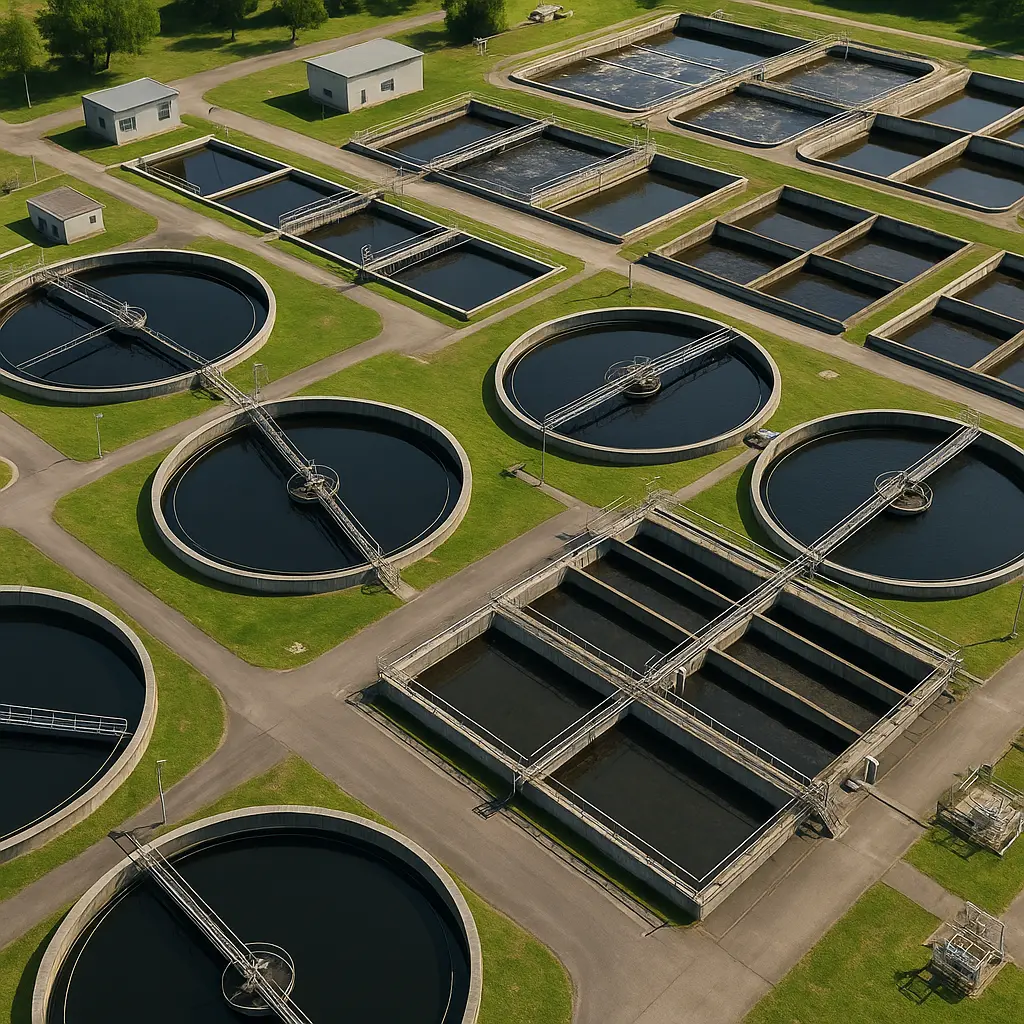
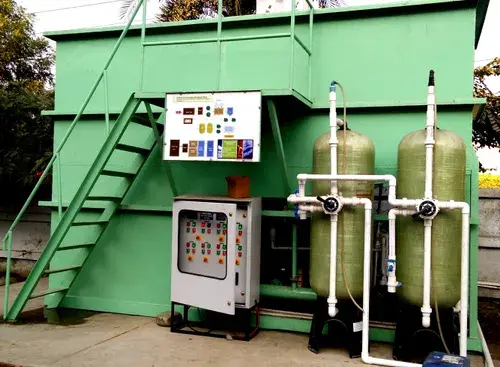
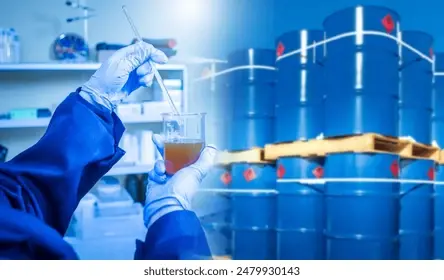
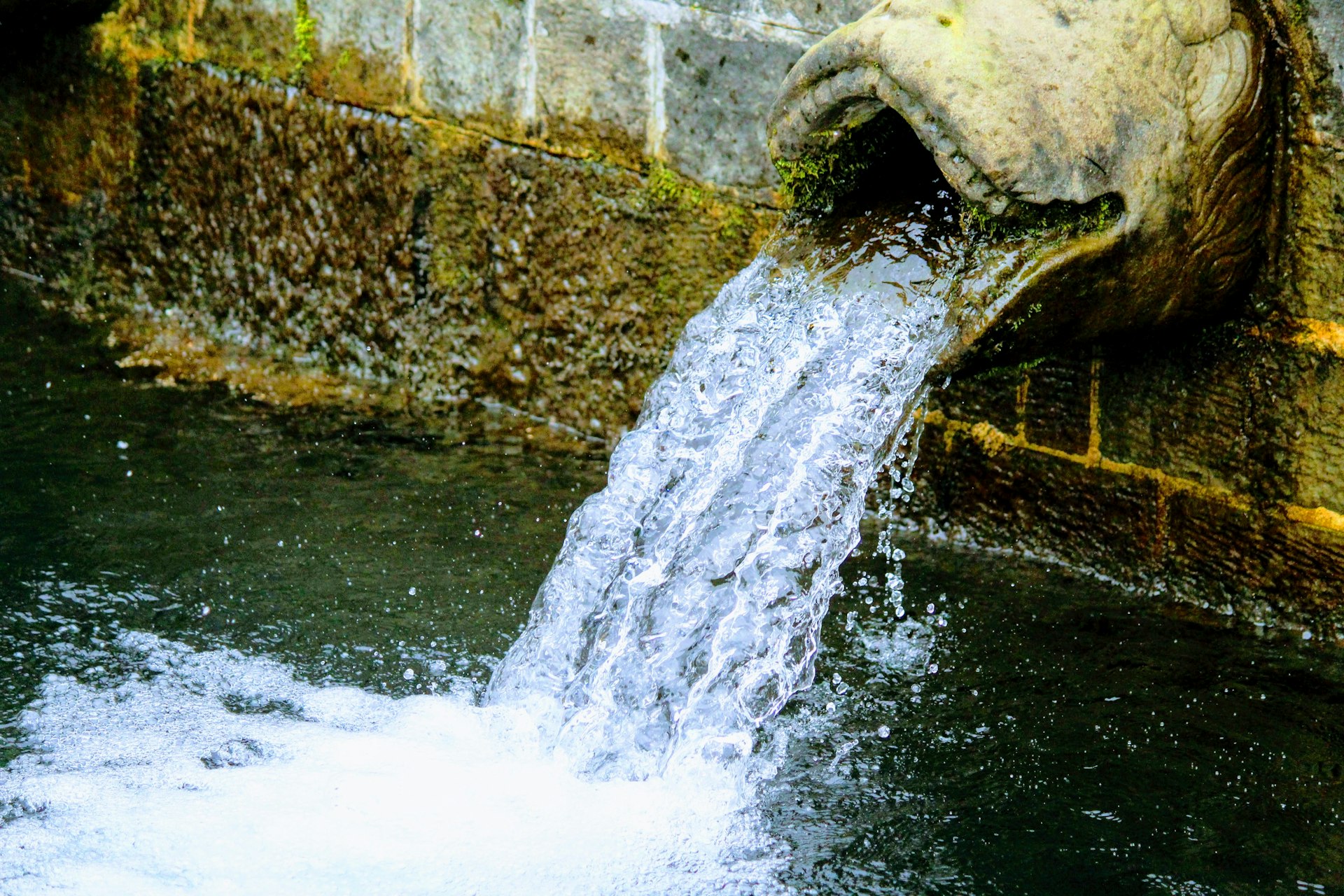

Contact Us
We'd love to hear from you! Whether you have questions, feedback, or need support, our team is here to help. Simply fill out the form below, and we aim to respond to all inquiries within 24 hours. Thank you for getting in touch!
+91 8955635544,7755554125
Jaipur, Rasjsthan